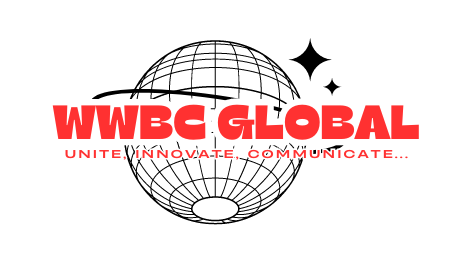The Impact of Geopolitical Tensions on Global Trade and Industry
In recent years, geopolitical tensions have escalated significantly, influencing global trade and industry in profound ways. From trade wars and diplomatic stand-offs to sanctions and supply chain disruptions, the international trade environment has become more unpredictable. Geopolitical tensions arise due to conflicts of interest between nations or regions, often based on issues such as territorial disputes, economic competition, political ideologies or military power dynamics. The repel effects of these tensions have far reaching consequences on trade policies, market access and industry operations globally.
Geopolitical conflicts between major economies often lead to protectionist policies and trade barriers that alter the global trade landscape.
One of the most significant examples is the ongoing trade war between the United States and China. This confrontation began in 2018 and has lead to the imposition of tariffs on 50 billion worth of Chinese goods. China retaliated with tariffs on US goods, leading to a trade conflict that has affected global trade flows. By 202, tariffs on goods between the two countries reached nearly 550 billion, with an estimated 0.3% reduction in global GDP due to trade tensions. The total value of trade affected by US- China tariffs reached over 735 billion.
Geopolitical tensions have also triggered changes in market access, as countries adopt policies to protect their domestic industries or safeguard national security. This trend is reflected in the growing emphasis on “economic sovereignty ” or ” strategic autonomy” in several regions.
To counter the risks posed by geopolitical adversaries, many countries have implemented export controls on sensitive technologies. The European, for example has restricted exports of critical goods and technologies to Russia and Belarus due to the war in Ukraine.
The COVID 19 pandemic, combined with geopolitical risks has highlighted the vulnerability of global supply chains. Businesses are now focusing on diversifying supply sources avoid over- reliance on one country, particularly China, which has been the dominant global manufacturing hub. For instance, Apple has begun shifting production t India and Vietnam. In 2022, Apple’s iPhone production in India surged to account for 7% of global output from 1% in 2021.
The industrial sector, especially technology, automotive and energy industries has been profoundly affected by geopolitical uncertainties. Industries have had to adapt to new trade restrictions, rising costs and fluctuating demand. The semiconductor shortage, exacerbated by US-China tensions, has significantly impacted industries reliant on chips, such as automotive and electronics. Companies like General Motors and Ford have scaled back production due to chip shortages, while tech firms have faced delays in product launches.
Geopolitical tensions contribute to heightened economic uncertainty, which dampens business investment and slows economic growth. According to the World Trae Organization {WTO}, global trade growth slowed to 2.5% in 2023 compared to 3.5% in 2022 due to geopolitical tensions, inflation and supply chain disruptions. Political instability often lead to volatility in currency markets. For instance, the Russian ruble plummeted following Western sanctions, while the US dollar and Euro have experienced fluctuations due to uncertainties surrounding the Russian- Ukraine war,
Conclusion
Geopolitical tensions are reshaping the global trade and industrial landscape. Companies and nations are adapting by diversifying supply chains, protecting strategic industries and pursuing new trade partnerships. As the world becomes more interconnected, the interplay between geopolitics and economics will continue to evolve, with long term implications for trade access ad industry operations.




